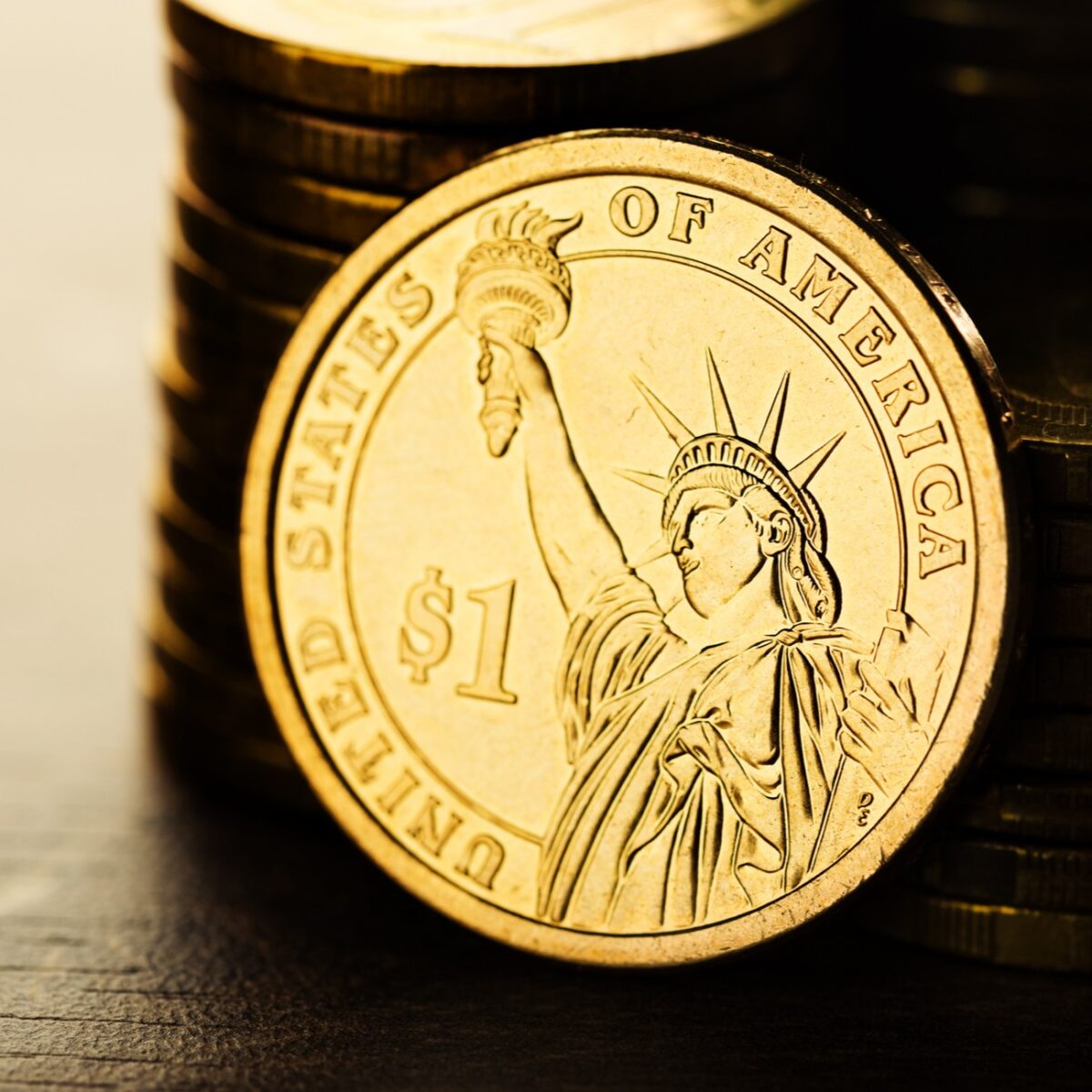PALO ALTO, Calif. (Reuters) - The Federal Reserve is taking a look at a broad range of issues around digital payments and currencies, consisting of policy, style and legal factors to consider around potentially providing its own digital currency, Guv Lael Brainard stated on Wednesday. Brainard's remarks suggest more openness to the possibility of a Fed-issued digital coin than in the past." By changing payments, digitalization has the possible to provide higher value and benefit at lower cost," Brainard said at a conference on payments at the Stanford Graduate School of Company.
Reserve banks globally are debating how to handle digital financing technology and the dispersed journal systems used by bitcoin, which assures near-instantaneous payment at possibly low cost. The Fed is developing its own day-and-night real-time payments and settlement service and is presently reviewing 200 remark letters submitted late last year about the proposed service's design and scope, Brainard stated.
Less Informative post than 2 years ago Brainard informed a conference in San Francisco that there is "no engaging showed need" for such a coin. However that was before the scope of Facebook's digital currency aspirations were commonly understood. Fed authorities, including Brainard, have raised issues about customer defenses and data and privacy risks that might be presented by a currency that might come into usage by the third of the world's population that have Facebook accounts.

" We are collaborating with other main banks as we advance our understanding of reserve bank digital currencies," she said. With more nations looking into issuing their own digital currencies, Brainard stated, that adds to "a set of factors to likewise be making certain that we are that frontier of both research and policy development." In the United States, Brainard said, issues that need research study include whether a digital currency would make the payments system more secure or simpler, and whether it could pose financial stability threats, including the possibility of bank runs if money can be turned "with a single swipe" into the reserve bank's digital currency.
To counter the financial damage from America's unmatched national lockdown, the Federal Reserve has actually taken extraordinary steps, consisting of flooding the economy with dollars and investing straight in the economy. Many of these moves received grudging acceptance even from lots of Fed skeptics, as they saw this stimulus as needed and something only the Fed might do.
My new CEI report, "Government-Run Payment Systems Are Hazardous at Any Helpful site Speed: The Case Versus Fedcoin and FedNow," details the risks of the Fed's existing plans for its FedNow real-time payment system, and propositions for central bank-issued cryptocurrency that have actually been dubbed Fedcoin or the "digital dollar." In my report, I go over concerns about personal privacy, information security, currency adjustment, and crowding out private-sector competition and development.
Proponents of FedNow and Fedcoin say the government should produce a system for payments to deposit immediately, instead of encourage such systems in the economic sector by lifting regulative barriers. But as kept in the fed coin mind in the paper, the personal sector is offering an apparently endless supply of payment innovations and digital currencies to resolve the problemto the degree it is a problemof the time space in between when a payment is sent and when it is gotten in a savings account.
And the examples of private-sector innovation in this area are lots of. The Cleaning Home, a bank-held cooperative that has been routing interbank payments in different forms for more than 150 years, has been clearing real-time payments since 2017. By the end of 2018 it was covering half of the deposit base in the U.S.